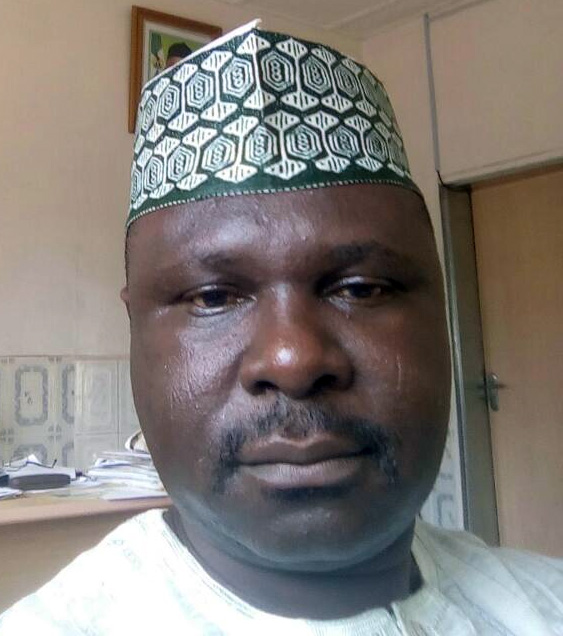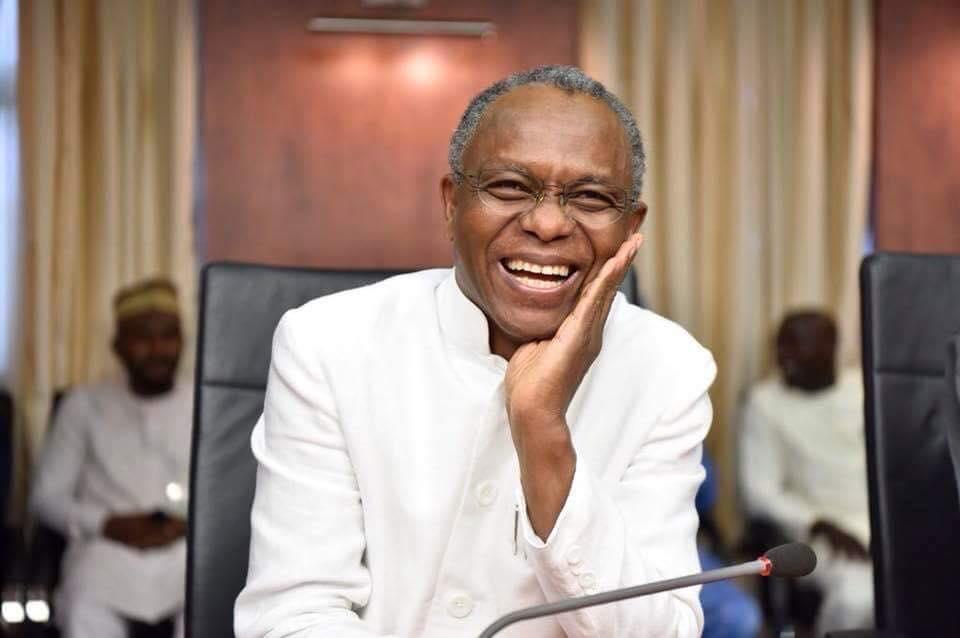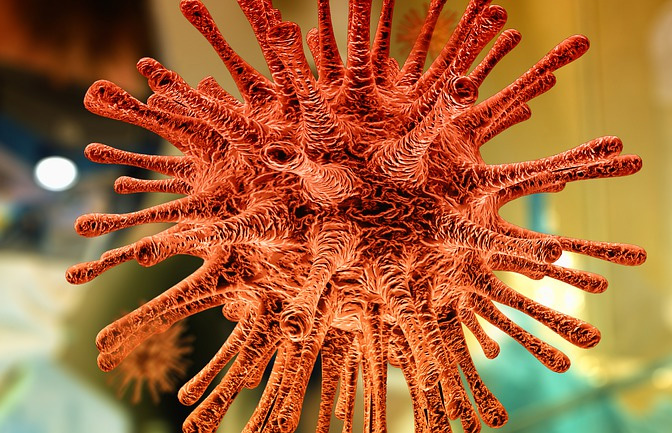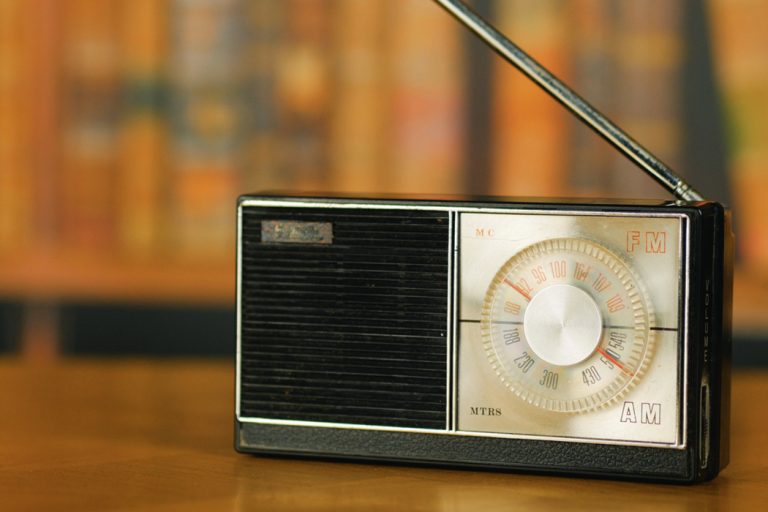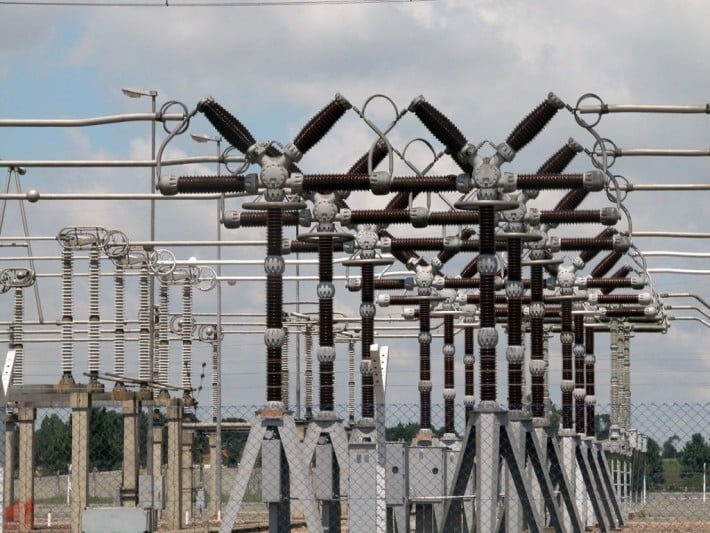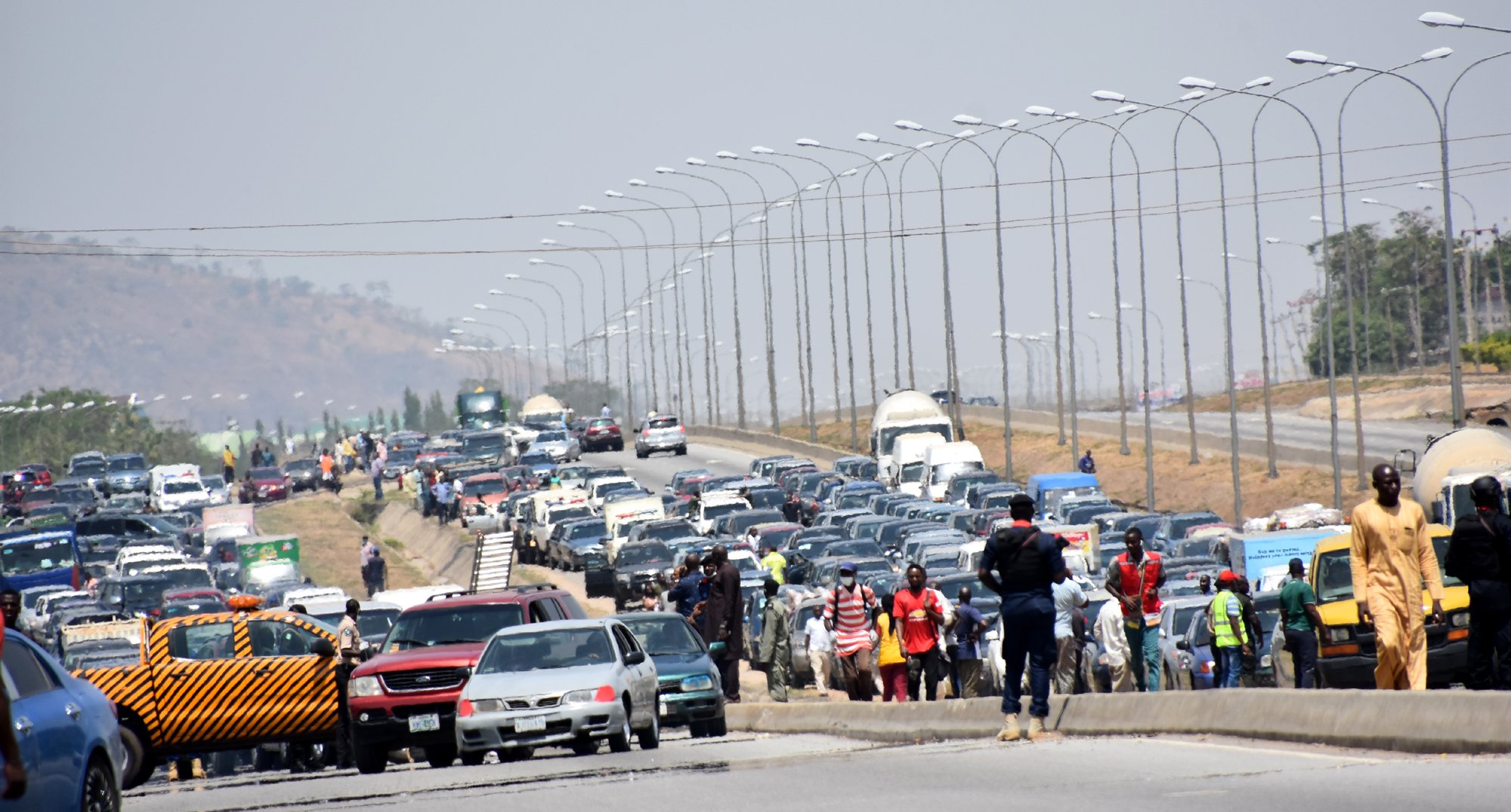In 2015, the All Progressives Congress(APC), after the merger, had promised change in all its ramifications. Similarly, State Campaign Organisations, across the country, domesticated the slogan to suit their own peculiarities. In Kaduna, change meant ‘’Making the State Great Again’’ and that catch-phrase rekindled hope, galvanised the electorate and fired up their potentials. Yet again, Governor Nasir Ahmad El Rufai, upon assuming office, abridged this message to a more precise and picturesque one. Right now, ‘’Putting people first’’ is the new signature tune and the defining attribute of his administration. So, whether in rejuvenating the civil service, overhauling the education or health sectors, the people are always the focus of El Rufai’s policies. Likewise, the infrastructural upgrade, human capacity development and mentoring of new leaders, are all people-centred in concept and delivery.
Consistently, the capital expenditures have been receiving the lion share of the annual budget in the last four years. Similarly, the education and health sectors got a huge chunk of the budget estimates, in line with ‘’Putting People first.’’ Significantly, on November 29, 2015, after six months in office, El Rufai had presented a draft of the 2016 budget to a Town Hall meeting. The aim, according to him, was to scrutinise the proposal and accommodate people’s input. In all, the size of the budget was N166 billion, where N104 billion was earmarked for capital expenditure and N62 billion was for recurrent spending. Thereafter, the estimate was passed to the legislature in December and by January, the budget had been signed into law by the governor.
In 2016, after one year in office, El Rufai improved on his record but essentially, the 2017 budget retained the same pro-poor programmes of the preceding fiscal year. On October 12, 2016, he had submitted an appropriation bill, christened ‘’Budget of Jobs, Social Justice and Equity’’, to the House of Assembly. The legislature, two months later, had passed the budget of N214 billion and on December 13, El Rufai had signed it into law, 18 days before the end of year. Specifically, N131.45 billion was for capital expenditure while N83.46 billion was for recurrent spending, representing a 61: 39 spending ratio. In brief, Kaduna state had devoted N44.84 billion on education, N10 billion on the health sector and N24.50 billion on infrastructure.
Similarly, for the second time, the governor had presented the 2018 draft budget, detailing revenue and expenditure, to the House of Assembly on October 13, 2017. The estimate, tagged ‘’Budget of Consolidation’’, was N216.5 billion in size and out of that amount, N131 billion was earmarked for capital expenditure, representing 60.5% of the total budget. Likewise, N85 billion was set aside for recurrent spending, translating into 39.4% of the Appropriation Bill. In addition, Education, Health and Social Development took the largest chunk of 39.2% like previous years. El Rufai, two months later, had signed the budget into law in December.
Advertisement
More or less, last year’s budget followed the same trajectory, structure and composition like the previous ones. In August, 2018, the governor had presented the proposed estimate to the State Assembly. The legislators, for three months, had deliberated on draft budget, tinkered with the figures and slightly increased its size. Afterwards, the House of Assembly passed it on November 28 but El Rufai signed the budget 23 days later. Specifically, he signed it into law on December 21, 2018, ten days before the end of the year. In fact, the N157.449 billion budget comprised N94.47 billion and N62.97 billion capital and recurrent expenditures respectively. Indeed, the budget maintained the 60: 40 capital-to-recurrent expenditure ratio, like preceding ones. Likewise, Education and Health sectors took the lion share of N39.14 billion or 41% of the budget.
In October 2019, Deputy Governor Hadiza Sabuwa Balarabe, at General Hassan Katsina House, presented the 2020 draft budget at a Town Hall meeting, where stakeholders made inputs. Specifically, this was the first budget, after the federal government, by any sub national government. In 2020, the sum of N245. 4 billion has been proposed and the estimate, like others before it, placed emphasis on capital expenditure. In effect, N177. 29 billion was devoted to it while the rest N68.11 billion will be spent on recurrent expenditure. In summary, 72.24% will go to the former sub-head and 27.76%, according to the estimate, will be spent on the latter. Likewise, N33. 92 billion and N23.34 billion has been allocated the Education and Health sectors respectively.
Significantly, this year’s budget was benchmarked at $57 per barrel but the Coronavirus, the rampaging pandemic, is threatening the entire 2020 financial year. Already, the Federal Government has made changes to its budget, following the falling prices of crude oil at the international market. On March 8, the Minister of Finance, Budget and National Planning, Hajiya Zainab Shamsuna Ahmed, confirmed what was widely speculated. The Government, according to her, will reduce capital budget by 20% and recurrent expenditures will be slashed by 25%. Sadly, the situation may get worse as the price of crude oil, since the announcement, has not substantially improved . Obviously, a lot of belt tightening measures are in the offing and ultimately, they will affect both the cost and standard of living across board.
Advertisement
Specifically, Malam Nasir El Rufai admitted to the tough times ahead but instead of scare-mongering, the governor’s home truth was reassuring. El Rufai, from the outset, foresaw this crisis and to ameliorate it, he set up an Economic Crisis Committee, chaired by the Deputy Governor, to fashion out ways and means to contain the expected revenue shortfall. The Committee, in its report, built two likely scenarios and proffered broad solutions to the problem. The Committee pointed out that Kaduna State’s gross annual revenues could fall by as much as N17bn if crude oil prices remain around $30 a barrel. Conversely, the revenue shortfall could plummet with as much as N24bn if crude prices fall to $20 per barrel. Bluntly, it stated that capital projects will be affected if either of the two oil price scenarios persist, except fiscal and monetary policy realism are adopted by the Federal Government.
Consequently, El Rufai rolled out some austerity measures, following the report, to absorb the shocks of the revenue shortfall. Specifically, the cost of running government, including overhead costs, has been reduced by 50%, buying of fuel and stationery have been centralised to cut cost. In addition, foreign trips have been cancelled and local travels will be minimised as part of the belt tightening measures. Likewise, the ongoing recruitment process should be concluded, El Rufai has directed, but resumption of new recruits will be put on hold until the fiscal situation improves. In summary, costs will be cut across board and revenue sources will be expanded, especially presumptive tax, land use charges and development levy, he explained.
Significantly, on March 20, El Rufai amplified why his administration took these measures, in a live media chat at Sir Kashim Ibrahim House, with some select broadcast-journalists. The governor, for the umpteenth time, promised to pay salaries and pension as and when due, at the prevailing N30,000 minimum wage. In addition, he promised that the revenue shortfall will only affect recurrent expenditure as capital projects, including Health and Education projects, will continue apace. These projects, according to him, benefit the people directly and there are some of the basic dividends of democracy that the masses enjoy from government.
Instructively, even in the face of economic gloom, El Rufai has continued to put the ‘’people first’’ and by so doing, he has raised hope and garnered their support. Consequently, all things being equally, they will be ready to do the needful like paying taxes and levies, believing that they will be the ultimate beneficiaries. That way, COVID-19 Pandemic will be limited to the health issue that it should have been, and not the ogre of economic recession that it is threatening to be. By so doing, Kaduna State will not only be great again but the government will continue putting the people first, by executing populist projects. Indeed, Malam Nasir El Rufai is a man of the people, as against a representative of band of tiny parasitic and rapacious elite.
Advertisement
Ibraheem is Special Assistant on Media and Publicity
Views expressed by contributors are strictly personal and not of TheCable.
Add a comment
